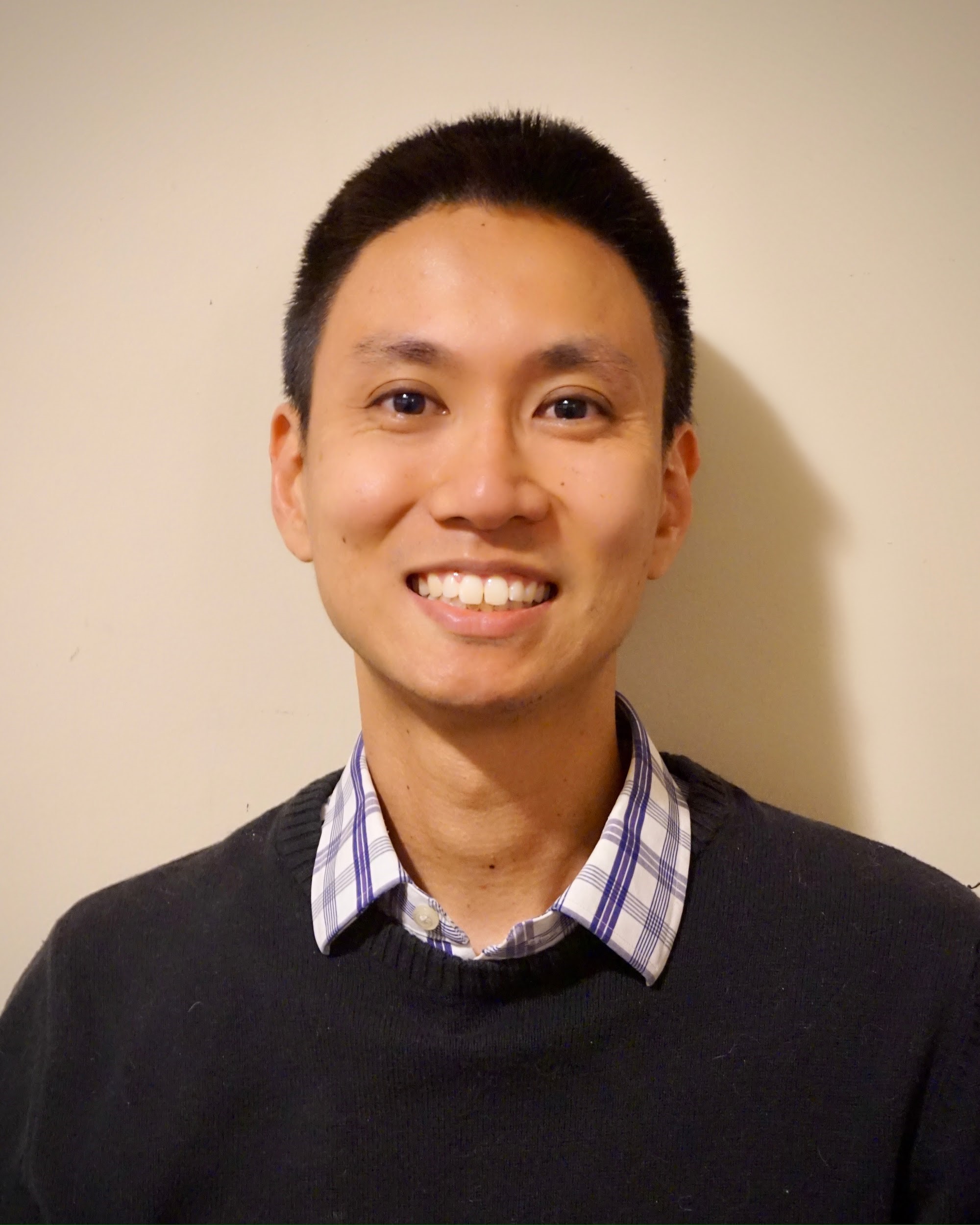Helping Families Continue Cancer Survivorship Care

Michael Terao, MD, FAAP
September 1, 2020
During my sophomore year in college, my life was cleaved into “before” and “after.”
In May of that sophomore year, my doctor called me to report that my testicular swelling was likely cancer because blood tests showed very high levels of BHCG, a hormone that certain cancer cells make. My official cancer diagnosis would come after my tumor was resected, but in my mind that phone call was the moment when I became a cancer patient.
Fortunately, I responded well to chemotherapy and surgical interventions without evidence of relapse.
After completing treatment, I had follow-up CT scans and blood tests that were ordered by my oncologist. But once my care transitioned back to my primary care physician, I stopped getting health care for many years. I had access to my primary care physician for the continued follow-up that I needed, but I chose not to go. I wrongly believed that because my oncologist was no longer seeing me regularly, continued follow-up care with my doctor was not important.
“I am open with my patients about the mistakes I've made in my own cancer survivorship care and I encourage them to learn from what I did wrong so they can receive the best care possible.”
I also must admit that I wanted to pretend that the cancer had never happened, and I didn't want any reminders of that ugly time. I only went back to see my doctor for cancer survivorship care when my wife and my college cross-country coach sat me down five years ago and told me that I needed to get my act together and start seeing my doctor regularly.
That experience brought me to where I am today. I am a pediatric hematologist/oncologist, but before my diagnosis, I had planned to be a high school English teacher. My cancer experience pushed me toward my current field.
When I look back on my poor adherence with cancer survivorship care, I am quite embarrassed and ashamed. But I am human and I was trying to be “normal” again. That makes me not very different from a lot of cancer survivors who ache to go back to their old lives and sometimes behave in ways that likely are puzzling to those who have never had cancer.
I am open with my patients about the mistakes I've made in my own cancer survivorship care and I encourage them to learn from what I did wrong so they can receive the best care possible.
My experience illustrates the important role of primary care physicians in cancer survivorship care.
Primary care physicians can help cancer survivors receive the psychosocial support they need. There is evidence that many cancer survivors and their parents suffer from severe post-traumatic stress symptoms. When a cancer survivor doesn’t show up to primary care appointments, physicians should consider reaching out to these patients and their family to determine if these missed appointments reflect avoidance caused by post-traumatic stress disorder. Being empathetic with these patients and their families and explaining the importance of follow-up care can go a long way toward getting them back in the clinic.
The American Academy of Pediatrics clinical report “Long-Term Follow-up Care for Pediatric Cancer Survivors” is under revision, but it notes that cancer and its treatment have psychosocial consequences that may adversely affect family and peer relationships. A child's life is forever changed when struck by cancer, and it is crucial to assist the child and his or her family with rehabilitation. September is Childhood Cancer Awareness Month, and pediatricians can direct parents to information about cancer at HealthyChildren.org. There also are words of support for parents here.
My story and my mistakes are not unique. I was lucky that family and friends made me realize the need for continuing care so that I could be the strong survivor I am today.
I hope we continue to develop collaborations between patients, pediatric oncologists, and primary care physicians so all cancer survivors will seek the care they need.
*The views expressed in this article are those of the author, and not necessarily those of the American Academy of Pediatrics.
About the Author
Michael Terao, MD, FAAP
Michael Terao, MD, FAAP, is an attending physician in the Division of Pediatric Hematology/Oncology at MedStar Georgetown University Hospital in Washington.